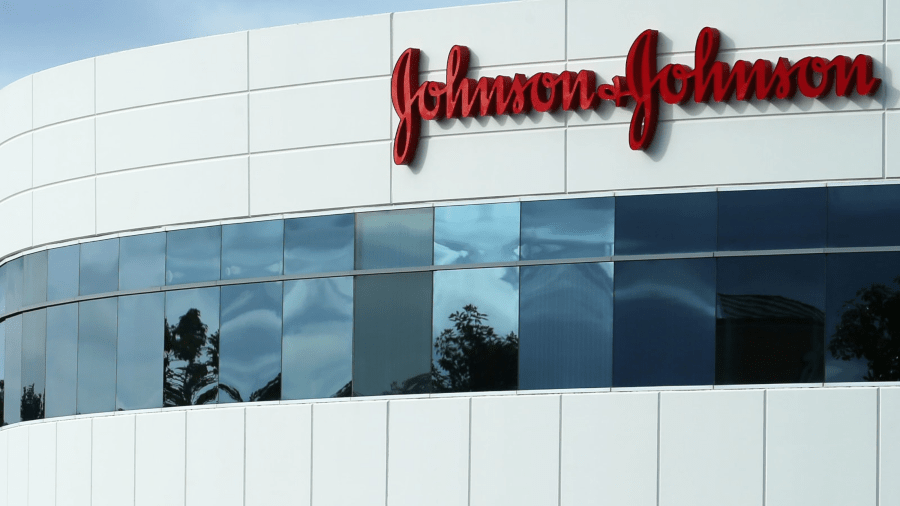Health
Johnson & Johnson’s vaccine now in final stages

WHAT YOU NEED TO KNOW:
- The Johnson & Johnson’s (J&J) company announced that it started its Phase 3 clinical trials of developing a COVID-19 vaccine.
- J&J’s vaccine development had undergone some different processes compared to other drugmakers, such as vaccine storage requirements and required doses to administer to participants.
- J&J’s vaccine is the fourth vaccine currently in Phase 3 clinical trials, joining Pfizer, Moderno, and AstraZeneca.
Drugmaker company Johnson & Johnson (J&J) announced that it begins its Phase 3 trial on Wednesday, making it the fourth coronavirus vaccine candidate that has undergone the final stage of clinical trials in the US.
The company is the fourth player in vaccine development. Pfizer and Moderna, the first manufacturers to develop COVID-19 vaccines, started their final trials in July. AstraZeneca began its Phase 3 trial this month but retracted its progress following a case where a participant developed an injury in the spinal cord.
J&J, who teamed up with Janssen Pharmaceuticals in developing the vaccine, has made some approaches that are different from other manufacturers.
J&J’s vaccine can be given in one full dosage, which cuts short the time allotted for another round. Meanwhile, Pfizer’s and Moderna’s vaccines need two doses with an interval of about 30 days.
Another difference is that J&J’s vaccine only requires basic refrigeration, whereas Pfizer’s vaccine must be stored at minus 94 degrees Fahrenheit.
In terms of trial testing, J&J would aim for a sample size of 60,000 participants, while Moderna and Pfizer are targeting to obtain 30,000 and 44,000 participants, respectively.
According to Dr. Gregory Poland, an infectious diseases expert from the Mayo Clinic’s Vaccine Research Group in Rochester, Minnesota, a larger study would be “notable and commendable.” A single vaccine dose during a pandemic would allow faster administration to more people.
The J&J vaccine was developed through a method also used in past vaccines such as the vaccine made to fight the Ebola virus.
The drug has a combination of genetic material from SARS-CoV-2 (the virus that causes COVID-19) and adenovirus (the virus that causes the common cold), which has been genetically modified so it would be harmless.
Partly sponsored by the National Institute of Allergy and Infectious Diseases (NIAID), J&J’s vaccine would not be expected to draw preliminary results for at least two months.
President Donald Trump has continuously asked to expedite vaccine development. In fact, he even noted that there could be an approved vaccine before Election Day on November 3rd, which is already impossible at least for J&J.
In a call with reporters on Tuesday, NIAID Director Dr. Anthony Fauci described J&J’s phase 3 trial announcement as a “very important advance.” He attributed the efficient research and development of the vaccine to the long-standing working relationship of his agency with J&J and Janssen.
According to the Food and Drug Administration, a vaccine needs to yield at least 50 percent protection rate so it could be considered effective. Drugmakers are raising the bar to at least 60 percent.
Source: AOL.com
